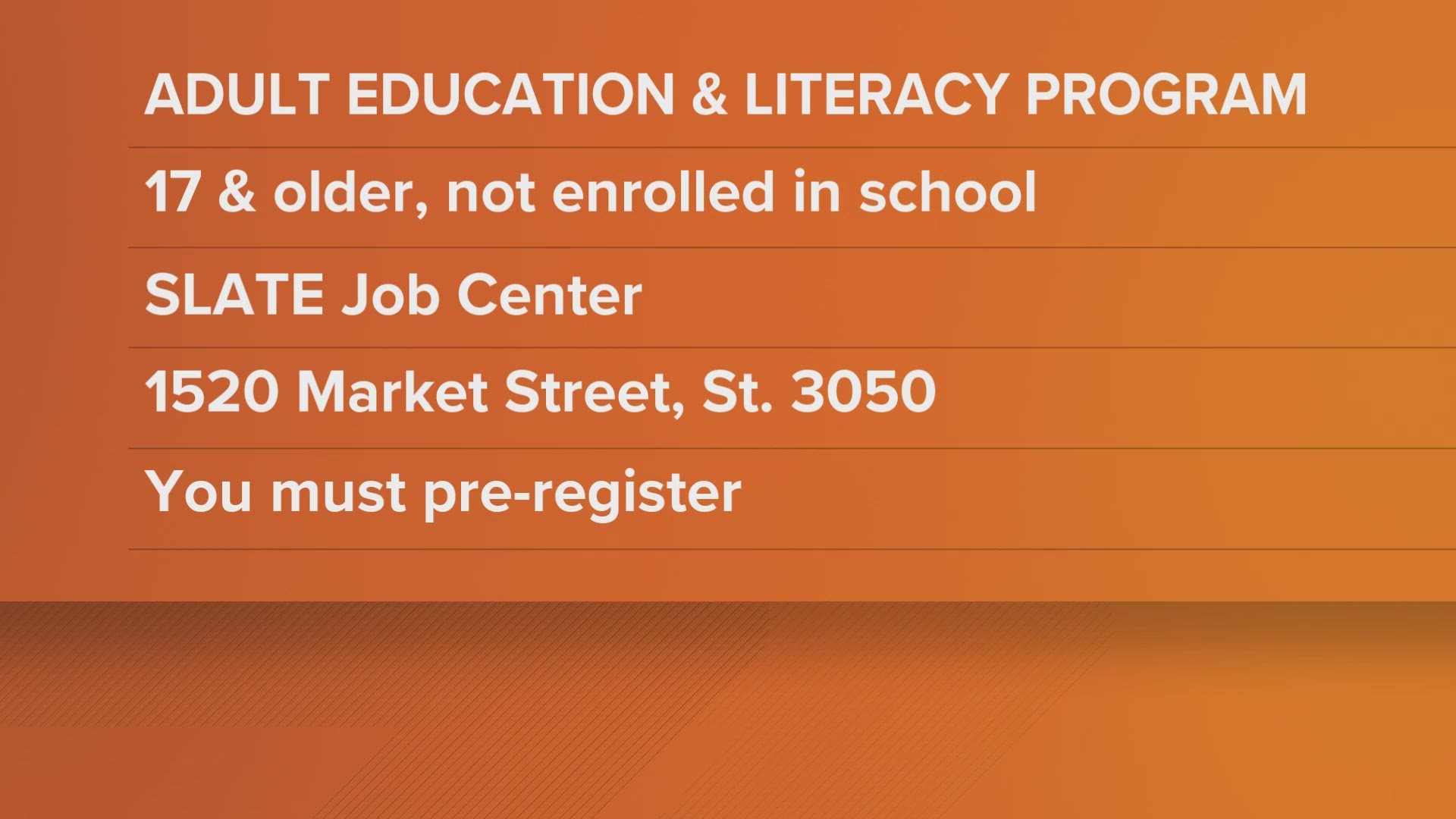Costs Increase, Defaults Follow
Americans owe the government approximately $1.37 trillion in student loans – and, according to recent information from the U.S. Department of Education, student loan debtors are having an increasingly difficult time paying back those loans.
The Wall Street Journal reports that some $631 billion of the $1.37 trillion debt load is in the repayment stage. As of end Q3 2017, 13% of the repayment stage debt ($84 billion) is in default. The default amount is distributed among approximately 22% of borrowers in the repayment stage, up five percentage points from four years ago.
The increase in defaults is partially due to more graduates entering the repayment phase. Taken as a share of all student debt holders in the repayment phase, the 274,000 new defaults in Q3 2017 represent a decrease from Q3 2016 – but that's a relatively bright spot in an otherwise grim situation.
To put this in perspective, the number of federal student loan holders who are in the repayment stage and haven't made a payment in the past 12 months has doubled in the last four years – and that's during a time of continued job growth, slow economic recovery, and low unemployment. How difficult will it be for debtors to repay their loans if higher economic growth fails to materialize?
Consider that for four-year public colleges – a lower-cost alternative to a private university – tuition costs have increased by over 100% in the last 17 years, even adjusting for inflation. Few affordable options exist. Student debt is skyrocketing as a result, and defaults are becoming increasingly likely.
It's Coming Out of Your Pocket
If you don't have a child in college or student loans of your own, why should you care about student loan debt? Consider that defaulted loans are essentially absorbed as losses by the government – thus you, as a taxpayer, are footing the bill.
There are also secondary effects to consider. Defaulted borrowers are unlikely to qualify for loans for other large purchases such as cars and homes, and they will face high interest rates for any credit that they do receive. Meanwhile, student loan borrowers who are keeping up their payments have less disposable income to pump into the economy. All of these factors lead to reduced demand and therefore reduced economic growth.
Excessive student loan debt does work its way back to your pocketbook, so you should be concerned about the default rates – as well as university and government actions that are likely to affect the default rate in one direction or the other.
Don't Expect Help
Aside from a promise of higher-paying jobs in the future, the Trump administration does not appear to be entirely sympathetic to student loan debtors. Recently, the Department of Education has effectively halted the cancellation of student loan debt for borrowers defrauded by some for-profit universities, reversing an Obama-administration effort. At least, as of this writing, the Republican tax plan leaves the student loan interest deduction intact while jettisoning a proposed taxation of college tuition benefits to graduate students.
In short, don't expect a bailout from the government. The student debt fairy is not going to appear and magically erase your debt. If you are nearing default, it's up to you to take the necessary action to prevent it. Start by reviewing your repayment options and engage in the hard financial discipline required to dig out of debt and avoid default – and if your debt is manageable so far, take preventative action now to keep it from getting out of control.
The Takeaway
A college education may be the ticket to improved earnings over the course of a lifetime, but the benefits can be greatly diminished if that degree comes with a crushing level of debt. Incoming college students and their parents must look at college not as a competition or prestige issue, but as a value purchase.
What are the job prospects with your intended degree? If you haven't decided on a major yet, what are the overall hiring rates for graduates of your preferred schools? How do their student loan default rates compare to peer universities? Do you have scholarship options that make certain schools more affordable?
Think beyond your time in college and focus on how your experiences there will lead to a better life after school. Metrics on student loans, defaults, and graduation rates are far more important variables than where your friends are going to school, the party environment, or the status of the sports programs. You can have fun and make friends at many colleges without going into unrecoverable debt – and if the football team is a priority, rethink your priorities.
If you're already in school and see graduation on the horizon, it's important to finish your degree to maximize the return on your educational investment. So, it's wise to start running through your financial planning options early. Will it take you several months, or even a year, to find a job? How will you make ends meet in the interim, and are you aware of your options to reduce your student loan burden during that time?
Don't let your dream school lead to debt-related nightmares after you graduate – and if the nightmares of debt are already approaching, take steps immediately to reduce the impact.
This article was provided by our partners at moneytips.com.
To Read More From MoneyTips:
Photo ©iStockphoto.com/KLH49


